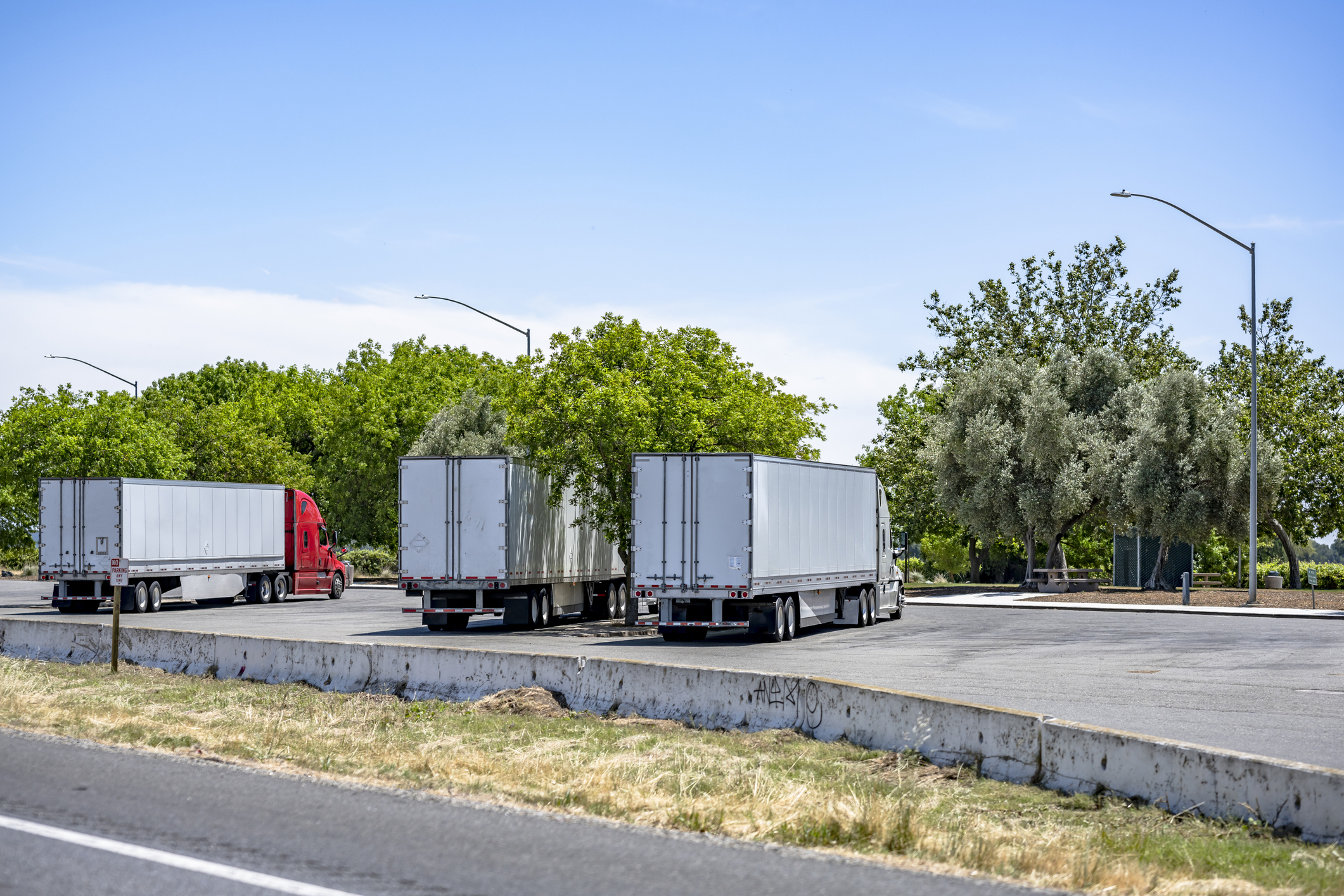During a recent hearing on supply chain connectivity, two members of the Senate committee on highway policy expressed concern about insufficient parking for the nation’s truckers. Transport Topics reported that for years, transportation policymakers and industry stakeholders have been warning about insufficient parking spaces for commercial vehicle drivers.
Republican Sens. John Boozman of Arkansas told Shailen Bhatt recently that Bhatt is nominated to lead FHWA (Federal Highway Administration), “I’m told that it is not uncommon at all for truck drivers, literally, to drive around two to three hours looking for a parking space. In the sense that, you know, they’re getting dinged if they don’t find it. And it’s that big of an issue.”
“We’ve studied this thing with this and that. But it is low-hanging fruit. It’s something that we really could make, I think, a huge difference for the supply chain,” Boozman continued. Lummis pointed to the needs of the trucking workforce, which travels in high volumes along most freight corridors. “The truck traffic on Interstate 80 through Wyoming is phenomenal,” she observed. “You’ll drive for miles and see no passenger vehicles. It’s just truck after truck after truck. It is truly a ribbon of highway uniting east and west for commercial trucking purposes,” she told Bhatt. “The lack of truck parking is a major concern.” The nominee said he acknowledged the senators’ concerns while pledging to adopt an all-of-the-above approach to facilitate freight mobility and improve highway safety.
The House easily approved legislation that aims to enhance access to parking for truckers nationwide. The bill, which awaits consideration in the House chamber, would incrementally provide agencies nearly $800 million through fiscal 2026 to provide parking for commercial motor vehicles and improve the safety of commercial motor vehicle operators.
“The lack of safe and accessible truck parking is an issue that causes serious concern for our industry,” said ATA President Chris Spear. “Without it, drivers waste hours looking for secure places to park for an hour or for the night, hurting their ability to rest and adding undo stress to their days. Moving this legislation forward is a tremendous step toward addressing what has been a significant challenge to our industry’s ability to safely and efficiently move the nation’s goods.”








